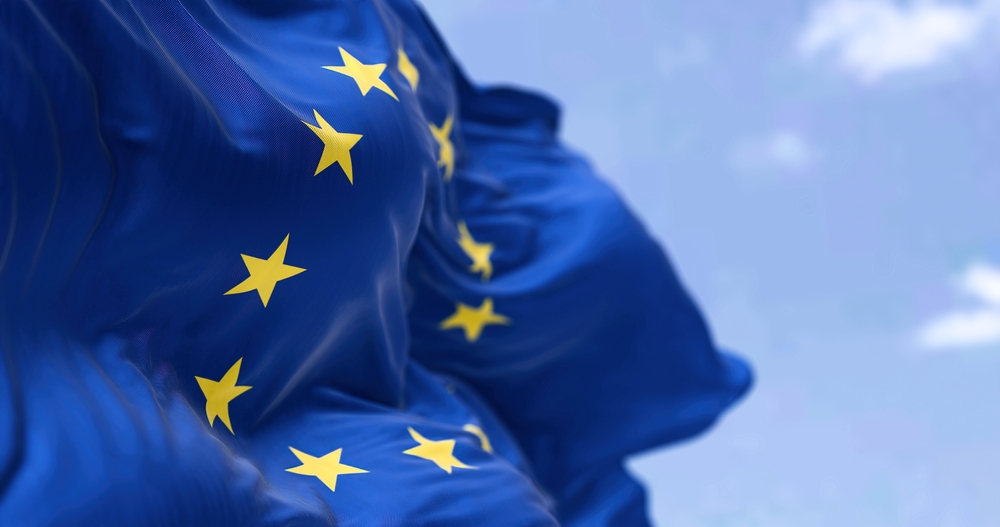Data inizio: 01/10/2023
Data fine: 30/06/2024
Ente finanziatore: MAECI
Unità operativa: OBC Transeuropa

Il processo di integrazione Ue-Balcani occidentali è a un bivio. L'invasione russa dell'Ucraina impone all'UE e ai Balcani occidentali di riaffermare la loro scelta strategica per un comune futuro europeo e di lavorare insieme per accelerare il processo di allargamento. I progressi della regione verso le riforme fondamentali e l'integrazione intraregionale ed europea sembrano oggi le uniche opzioni per garantire la pace, la sicurezza e la prosperità in questa parte dell'Europa. Tuttavia, alcune sfide nei Balcani occidentali continuano a pesare sulle prospettive di adesione di questi paesi. Questi ostacoli sono in particolare legati alle controversie bilaterali ancora irrisolte, al rispetto parziale dei criteri di adesione di Copenaghen e alla convergenza ancora limitata verso gli standard socio-economici e ambientali dell'UE. In questo contesto, l'Istituto Affari Internazionali (IAI) e l'Osservatorio Balcani Caucaso Transeuropa (OBCT), con il supporto del Ministero degli Affari esteri e della Cooperazione internazionale e nell'ambito della partnership strategica con la Fondazione Compagnia di San Paolo, hanno organizzato la conferenza a porte chiuse ad alto livello: "Nuove visioni per i Balcani occidentali: adesione all'UE e sicurezza regionale". L'evento si è svolto il 3 e 4 aprile a Roma presso la Farnesina, Sala delle Conferenze Internazionali. I lavori sono stati aperti dal Vicepresidente del Consiglio dei Ministri e Ministro degli Affari esteri e della Cooperazione internazionale, Antonio Tajani, e da Tobias Billström, Ministro degli Affari esteri della Svezia, che detiene la Presidenza del Consiglio dell'Unione europea. L'incontro ha visto la partecipazione dei sei Ministri degli Esteri dei Balcani Occidentali, alti responsabili politici dell'Ue e dell'Italia, nonché rappresentanti della società civile.




